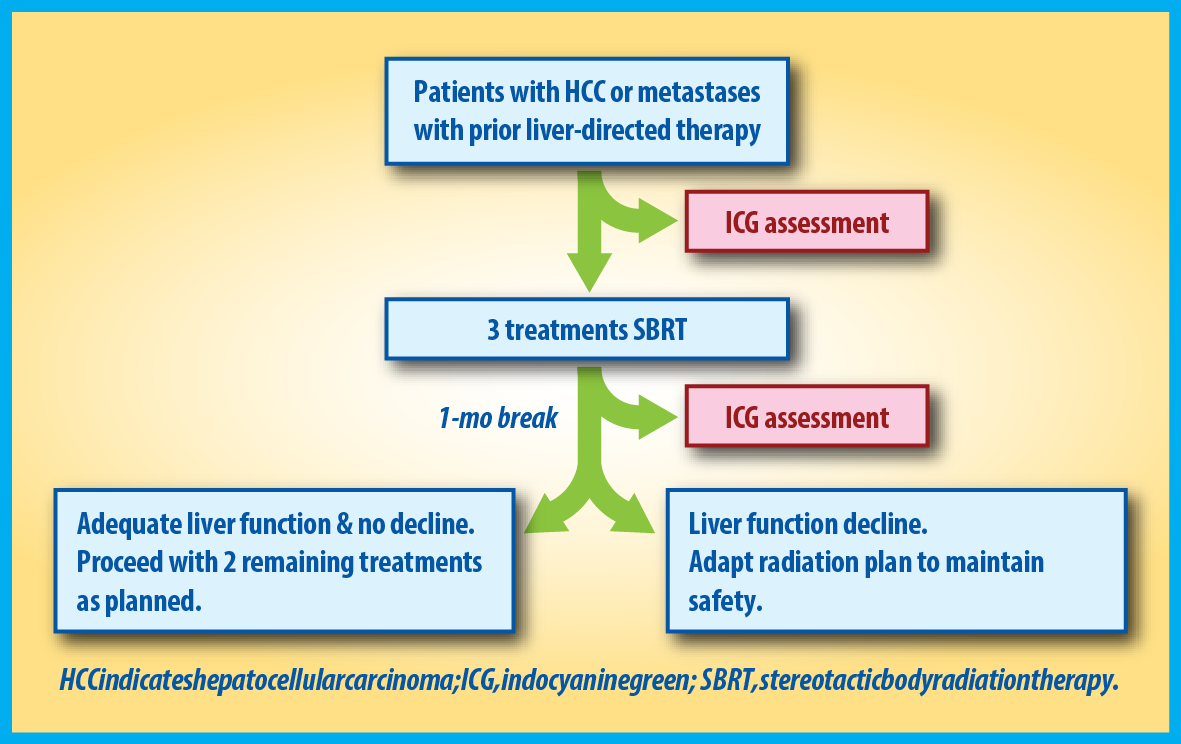Standard radiation therapy relies on population-based toxicity estimates which limit the intensity of therapy for 95% of patients based on the risk of toxicity to the most sensitive 5%. We designed a trial for patients with hepatocellular cancers to test the hypothesis that adapting treatment for the individual patient based on the change in liver function during the course of treatment could optimize the therapeutic index for each patient. In our large Phase II clinical trial (90 patients), we found that treatment was well tolerated with a lower complication rate than expected without adaptation. One-year and two-year local control was 99% and 95%, respectively. We have also used an adaptive approach in lung cancer with equally promising results (1). Taken together, our findings suggest that individualized adaptive radiotherapy may represent a new treatment paradigm for radiation oncology in which dose is based on individual, rather than population-based, response to treatment.


